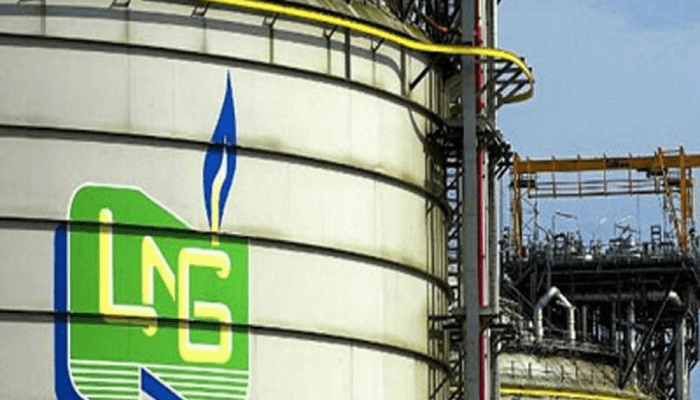Nigeria LNG Limited (NLNG) has signed 20-year Gas Supply Agreements (GSAs) with six major suppliers, a landmark move that industry experts are describing as a game-changer for Nigeria’s energy sector.
The agreements, which cover an estimated 1,290 million standard cubic feet per day (mmscf/d) of feedgas, will sustain operations at NLNG’s Bonny Island plant and power the company’s expansion initiatives, including its much-anticipated Train 7 project.
Suppliers under the new GSAs include SNEPCO-SUNLINK HI Project, TEPNG-AMNI JV IMA Project, NNPCL-First E&P JV, SNG NGML, Oando-NNPC E&P, and TEPNG JV Ubeta. The contracts also include provisions for possible extensions, giving NLNG long-term operational stability.
According to NLNG Managing Director, Dr. Philip Mshelbila, the deals mark a historic turning point for the company. “Since inception, we largely relied on shareholder joint ventures for supply. Today, we are widening the net to include diverse third-party suppliers, which is critical for resilience, sustainability, and growth,” he explained.
The shift comes against a backdrop of persistent supply disruptions in recent years caused by pipeline vandalism, sabotage, and upstream security challenges. By broadening its supplier base, NLNG is ensuring that such disruptions do not compromise its ability to meet both domestic and international commitments.
The development also resonates with the Federal Government’s Decade of Gas initiative, which identifies natural gas as central to Nigeria’s industrialisation and energy transition agenda. By strengthening feedgas supply, NLNG is helping to anchor Nigeria’s long-term energy security.
Industry analysts say the agreements will not only stabilise operations but also enhance Nigeria’s profile as a reliable global LNG exporter. This is particularly important as global demand for natural gas rises, with more countries seeking cleaner alternatives to coal and oil.
“NLNG’s expansion is critical for Nigeria’s energy future. With these GSAs, the company is better positioned to serve global markets while supporting local industries with vital by-products,” said one expert.
For Nigeria, the agreements are expected to stimulate upstream activity, create jobs, and increase government revenue. For NLNG, they guarantee sustainability and competitiveness in the global market.
“This is a win-win for all stakeholders,” Mshelbila concluded. “It strengthens our company, energises the Nigerian economy, and reaffirms Nigeria’s role as a major player in the global LNG landscape.”





